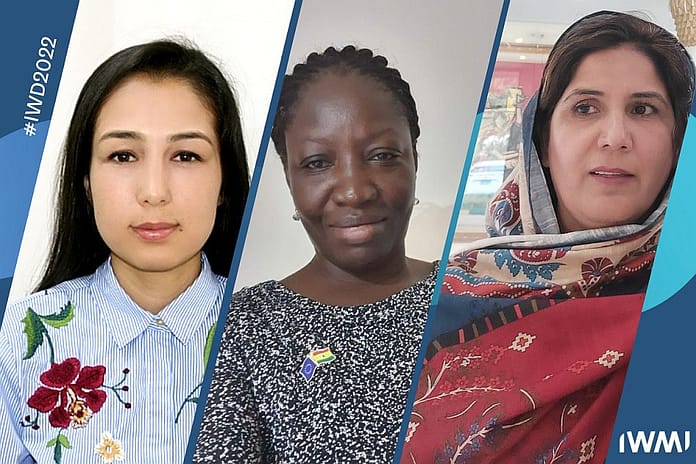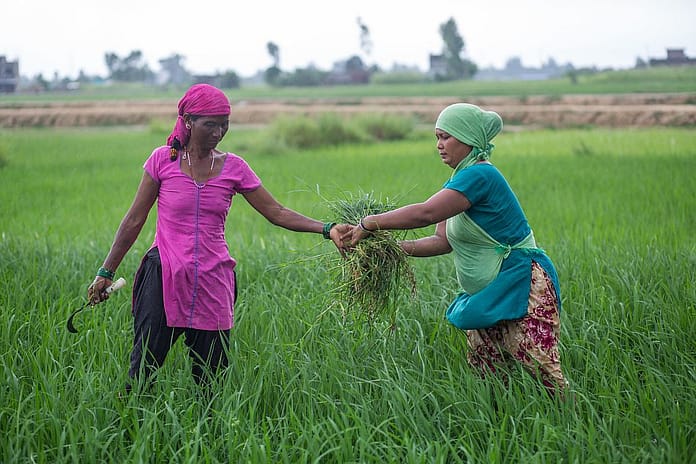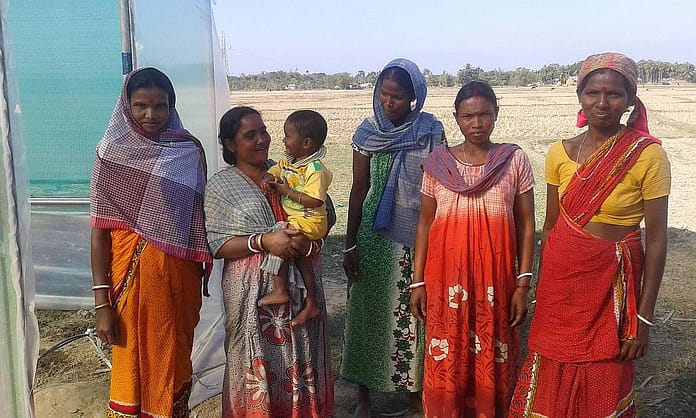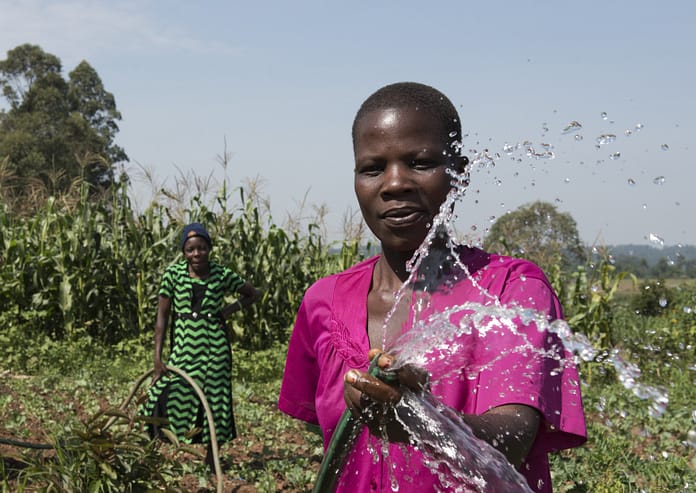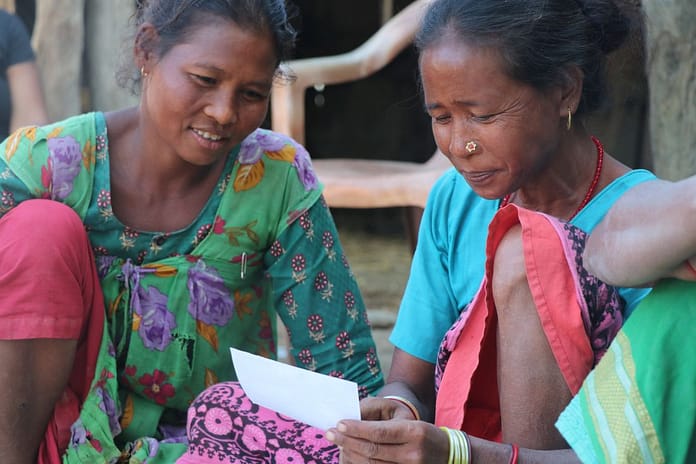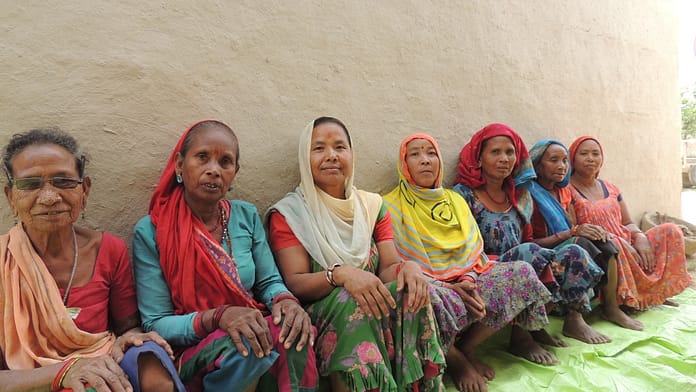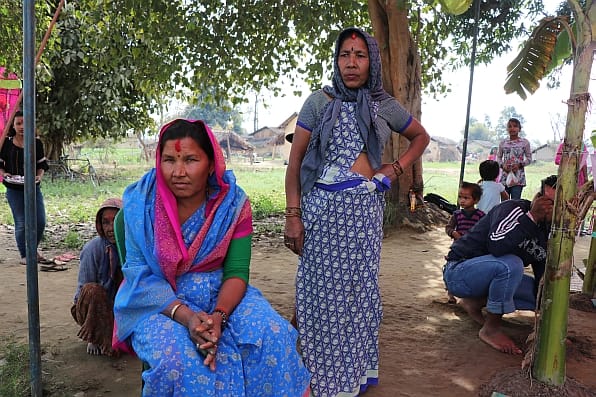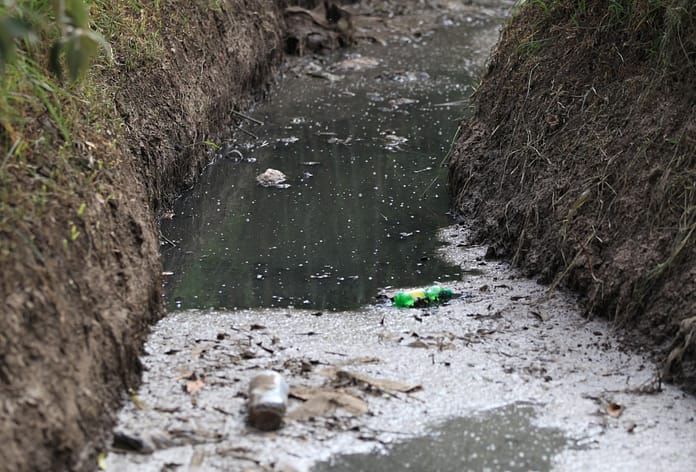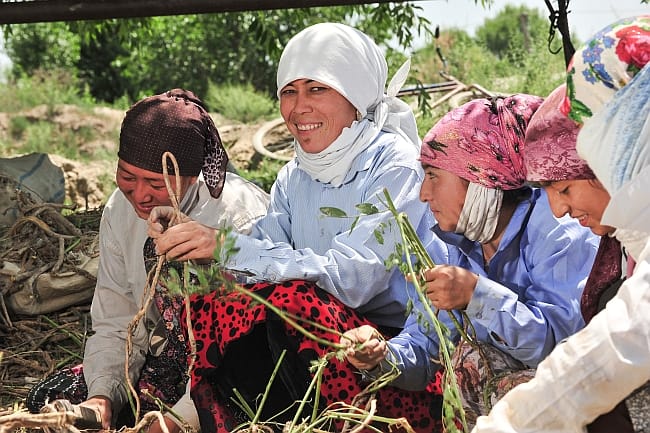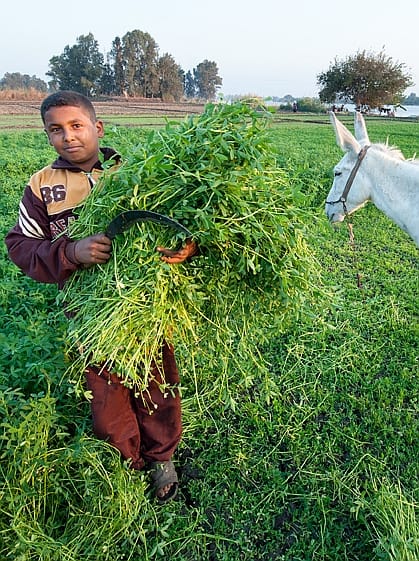What does gender have to do with agricultural water management? This International Women’s Day, IWMI looks at how multiple-use water services in Nepal are helping women to become decision makers and agents of change in their communities, as well as their challenges and obstacles as we all strive toward achieving sustainable development goals and parity for the genders.
“Considering multiple uses when designing a water systems allows better responding to the diversity of needs of both men and women. The MUS approach has emerged as a promising way to enhance the social and gender equity and productivity of water systems.”
— Dr. Floriane Clement, Sub-Theme Leader (Gender and Poverty), IWMI
Photos: Shaoyu Liu
For more on MUS:
- MUS Issues Page
- van Koppen, Barbara; Smits, Stef; Rumbaitis del Rio, Cristina;Thomas, John B. Scaling up Multiple Use Water Services: Accountability in the water sector.
- Clement, Floriane; Pokhrel, Paras; Sherpa, Tashi Yang Chung. 2015. Sustainability and replicability of multiple-use water systems (MUS).
Thanks to Kalika Lumle 5 User Group, Nagdanda Gravity MUS, The Farmer Managed Irrigation System Promotion Trust (FMIST), International Development Enterprises (iDE), the global MUS Group, and the International Workshop on Multiple Use Water Systems for Climate Resilience.



